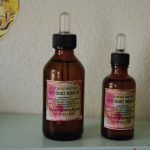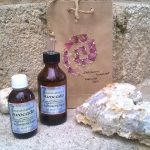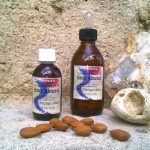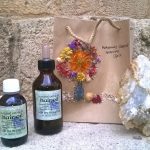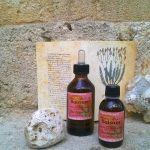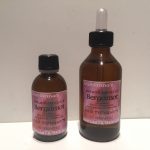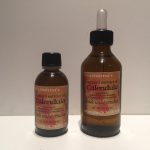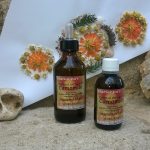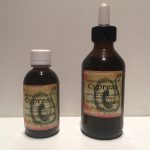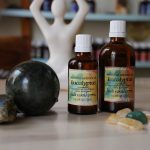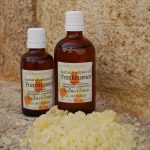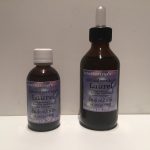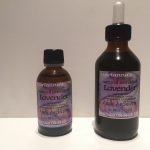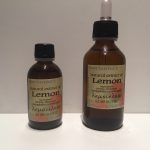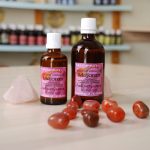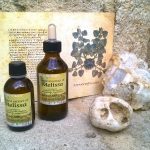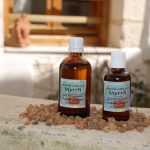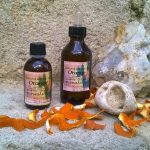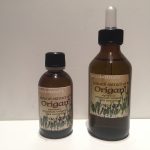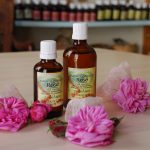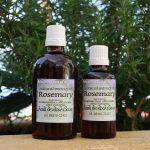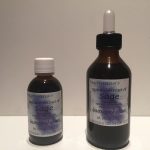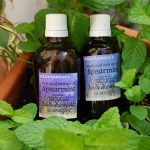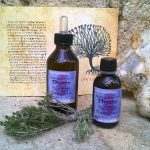Aromatic oils and other composite aromatic substances held primary positions in diverse activities of everyday and religious life in ancient Greece. They were considered necessary to care for the body, cosmetics, medicinal and for use in religious ceremonies. for the manufacture of aromatic ointment or perfume, intended for offerings to gods in dead, or for therapeutic purposes.
As the ceramic signs of grammical b (era) that were found in pylos and Knossos declare Aromatic oils were made at Minoan Crete by specialised people in the procession of myrh. They knew about the mixing of aromatic herbs, plants, spices and flowers for the manufacture of aromatic ointment or perfume intended for offerings to gods, ancestors, or for therapeutic purposes.
From signs of grammical the second era in pylos comes information due to which craftsmen prepared oils with the scent of roses or sage etc..
In the house of the sphinx im Mykines,were found seven plates with documented plants like marathon menthe corundum saline pistacia and cymin.
So it is this the so called ‘ancient knowledge’ that has been unwrapped through centuries until today. It’s a valuable archive of knowledge that exists and written in memory for every one for us. It only takes us to remember them. Having dedicated most of my life in the research of this wonderful world of aromatic plants and herbs and with practical application of this knowledge for the last twenty years, I will give to you more information about the natural extracts that I know very well, like my children.

